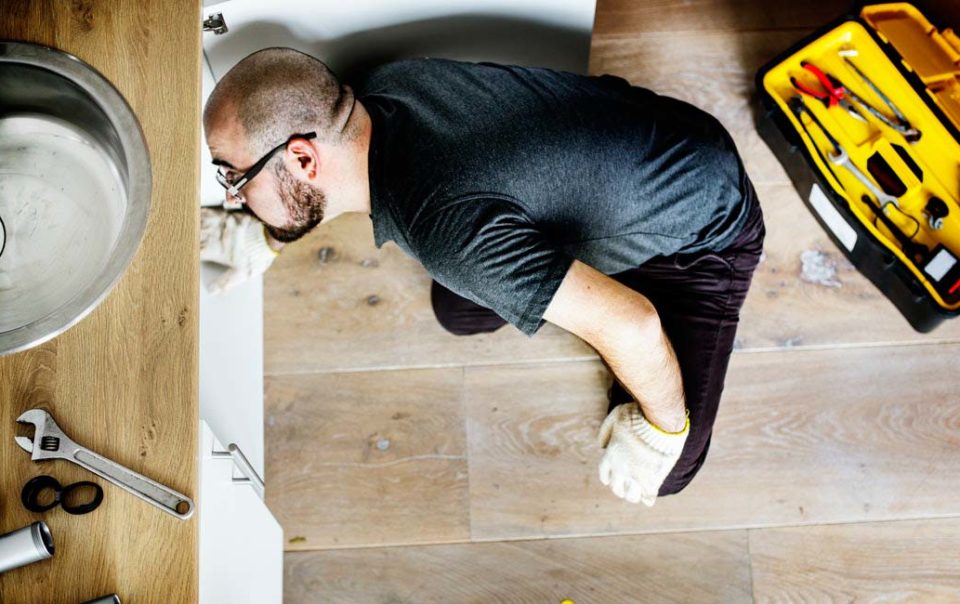One of the values I admire most about my wife is her work ethic. No matter what the situation, she always strives to deliver the best to her patients and employer. Even if this means staying longer or writing up more detailed notes, to her it’s an ingrained matter of principle. For me it’s selective. My father was a blue collar worked and as such, always worked hard to give us the very best. I saw him come home spent and fatigued after a full days work. Not surprisingly, he was sometimes not in the best of moods. He always felt he shortchanged himself by coming to this country before finishing his university degree. He also felt he wasn’t “made for school” but had such a strong work ethic. He also did not want the same hard life for us. He and my mother worked hard so that we could have the education and opportunities he felt he couldn’t have.
Fast forward to adulthood and I had a convicting realization. I found myself avoiding the “hard” work not because it was hard but because it seemed like I wanted to avoid the pain that came with “hard” work. Ironically, I have no problem with physically hard labor. I can work physically exert myself for hours without stopping and get a sense of accomplishment when I’m finished. The dilemma for me is that I didn’t grow up knowing what white collar hard work looked like. As a product of the university and office work, I carried a sense of guilt associated with office work. I couldn’t believe I could be well compensated for working without breaking a sweat.
I fought a circular logic guilt. If I wasn’t physically exhausted then I didn’t work “hard” enough. If I worked too hard then the guilt of taking time away from my family started gnawing at me. It took me years to realize this one truth which reconciled everything. I am not my job and my job is not me. Another way to think about this is that God has gifted us all with many talents and resources and as such, we’re called to use all of them. Our vocation is just one way we can use these as a means of providing for our loved ones. The problem most men face is they develop a one dimensional identity. This is because the world assigns monetary value to our vocation and as such, we need money and the more we have of it, the more we feel affirmed.
Mark 10:17-31 Teaches us the story of the rich young ruler. He claimed to have given his all to God but when Jesus searched the depths of his heart, he revealed to him his true love. He was not willing to leave behind his identity as a rich young ruler and identify with Christ to be led by him. He placed his value in his position because his position had a great monetary value associated to it. Today let’s embrace a multidimensional identity. God has gifted us greatly with many skills, resources and talents. Let’s not hold fast to the fact our Creator may call us into a different place than where we are now. He can help us define our identity and as such our value in Him.
Encouragement:
Our Creator has made us multidimensional beings. We are not defined by a single characteristic, ethnicity, trade, etc. Embrace all your uniquness.
FX3 Daily D::
Read: Render who you think you are and ask God to clarify who you are to him and to the world.
Pray: Take up your cross daily. Make a list of your unique characteristics and skills and remind yourself daily of who you are in Christ and what you’re here for.
Meditate / Make It Real: Commit to who God is calling you to be and live this out! Our testimony and lives should be the same wherever and in whatever we do. Don’t be deceived by the enemy.





